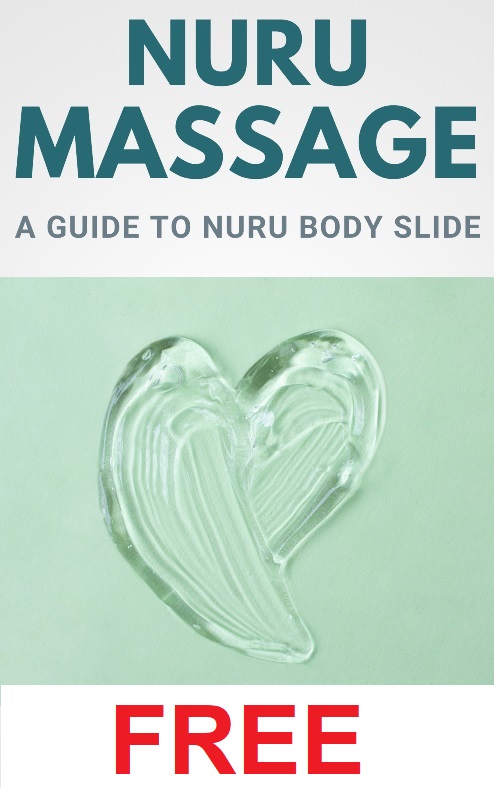
Safe sex for age-gap couples isn’t about killing the mood; it’s about making sure the mood has space to breathe. Whether you met in person, through friends, or on one of the dating sites for older men and younger women, the basics don’t change. When one partner is older and the other younger, the most attractive move in the room is the calm, grown-up one: you set expectations, you make testing normal, you talk contraception like you’d talk restaurant choices, and you treat consent as a conversation rather than a checkbox. Responsibility doesn’t dim chemistry; it frames it.
Start with testing the way you’d start with brushing your teeth before a date—basic care, not a drama. If you’re the older partner, go first and make it easy to copy. Book your appointment without fanfare, share your results when they arrive, and keep the tone matter-of-fact. “Before we get physical, I’d like us both tested—no rush,” is not an accusation; it’s an invitation to be on the same team. If either of you had recent partners, mention window periods so you’re not lulled by a test that was taken too soon. Clinics will tell you how long to wait for reliable results for things like HIV, chlamydia, or gonorrhea. When your partner is younger or new to sexual health appointments, send the address, explain that confidentiality is the default, and say you’re happy to wait. The message underneath is simple: I care about you, and I’m confident enough to be transparent.
Contraception is the next grown-up conversation, and the easiest way to avoid weirdness is to talk in plans rather than principles. A plan sounds like: we use condoms unless and until we’ve both tested and agreed not to; we keep a back-up for pregnancy prevention that your body is comfortable with; if something breaks, we know which late-night pharmacy is open. The details are practical. If you haven’t thought about condom fit since your twenties, try a mixed pack and discover what actually feels good now. Good fit plus a little lube means fewer breaks and more comfort, which keeps everyone present rather than distracted. If pregnancy is relevant, support the method your partner prefers—pill, ring, implant, or IUD—without turning their body into your project. Offer to cover costs, not as a power move, but as recognition that shared pleasure means shared responsibility. If you’ve had a vasectomy, that’s helpful for pregnancy prevention and irrelevant for STIs; unless you’ve both tested and agreed otherwise, condoms still belong in the nightstand.
Consent is where age-gap couples can shine, because experience can make communication feel effortless. The rule is simple: ask short questions and listen like you mean it. “We don’t have to do anything tonight; I like your company first,” lowers pressure before clothes ever come off. “Still good?” or “Want slower?” in the middle keeps things connected instead of performative. “Anything you’d change next time?” afterward turns a good night into a better second one. If alcohol blurs the edges, park the brakes. A pause isn’t prudish; it’s proof you value the person in front of you more than the moment you’re in. Consent is less about reciting lines and more about matching your curiosity to their comfort.
The age gap itself adds a few subtle currents, none of which need to be awkward if you name them early. Money can be one: if you’re older and better resourced, don’t let your wallet choreograph the evening. Offer options that don’t pin your partner into gratitude—coffee and a walk works as well as reservations and a view. Privacy can be another: agree on what stays between the two of you. Screenshots and stories can travel farther than feelings do, so set boundaries before either of you posts a thing. Pace is the third: you may be seasoned and relaxed while they’re discovering what they like. Your best move is patience. Treat every “not yet” as heat you’re building, not a hurdle you need to clear.
Preparation reads as confidence, so make your bedroom whisper “competent.” Keep a few condom types that fit, a small bottle of quality lube, and a quiet note on your phone with clinic hours and the closest late-night pharmacy. None of this needs to be announced; it simply removes friction when real life happens. If a condom tears, you already know where to go. If someone feels anxious, you already know how to reset. Calm is contagious.
Language matters, too. The little sentences add up. “I’ll book mine this week and share results; happy to wait” signals steadiness. “Condoms unless we’ve both tested and agree otherwise” sets a clean boundary without making the other person the enforcer. “Tell me what you’re into and what’s off-limits tonight” turns consent into curiosity. “I had a great time; anything you’d like more or less of next time?” invites honesty and telegraphs that you’re here for more than a single inning.
None of this is about being perfect or clinical. It’s about being safe enough for desire to relax. When people say maturity is sexy, this is what they mean: you plan so you can play. You know your status so you can stop worrying about it. You treat contraception as a shared project so nobody has to carry the invisible load alone. You check in because you’d rather build trust than guess. If there’s an age gap between you, the more experienced partner’s superpower is making safety feel like part of the flirting. The younger partner’s superpower is speaking up about what works for them without apology. Put those together and the result isn’t dull; it’s reliable heat.
Safe sex in an age-gap relationship is ultimately a love letter to both of you. Testing says, “I’m honest.” Contraception says, “I’m prepared.” Consent says, “I’m listening.” Responsibility doesn’t replace attraction; it intensifies it. When the basics are handled, what’s left is the part you came for: two people who can actually enjoy each other.



















 Find themed health, wellness, and adventure holidays around the world.
Find themed health, wellness, and adventure holidays around the world.